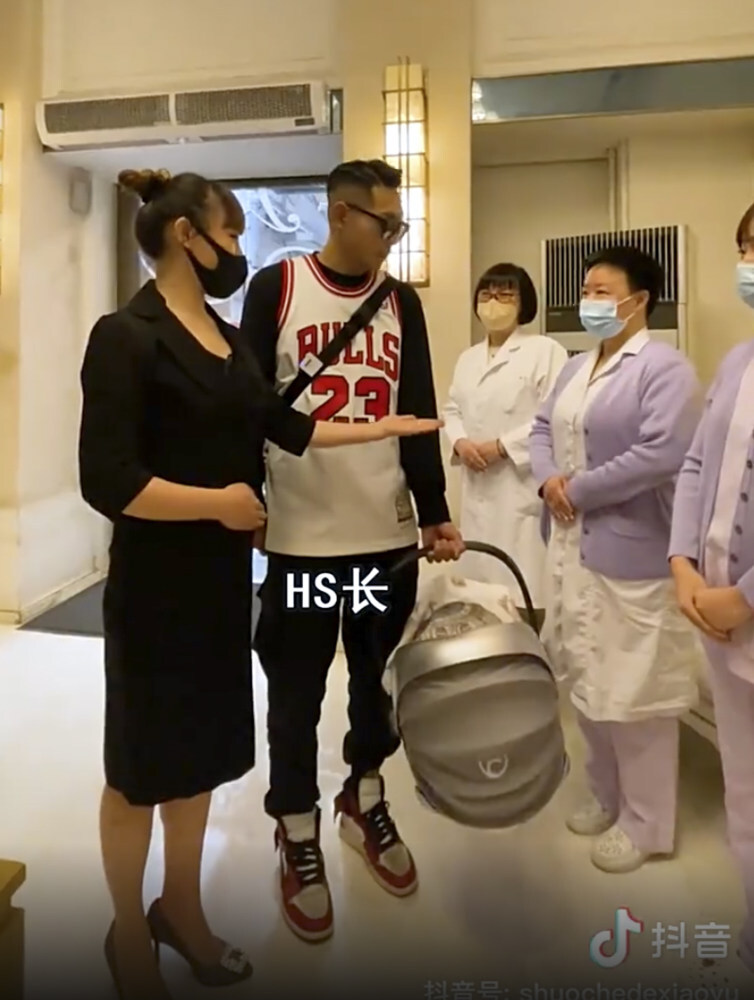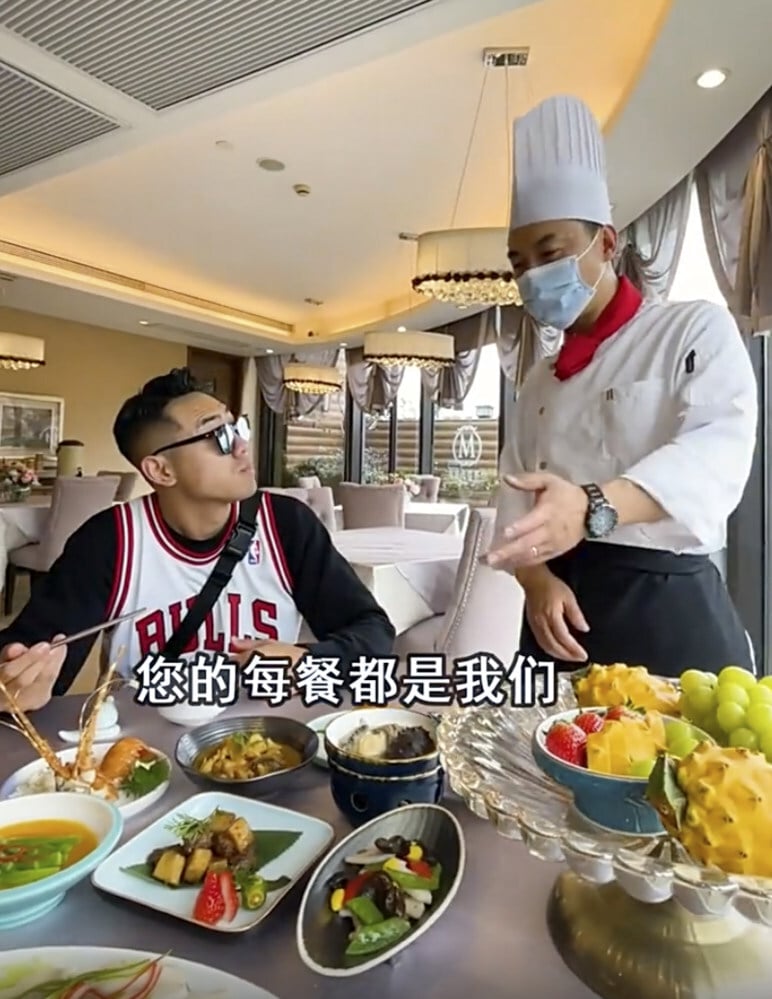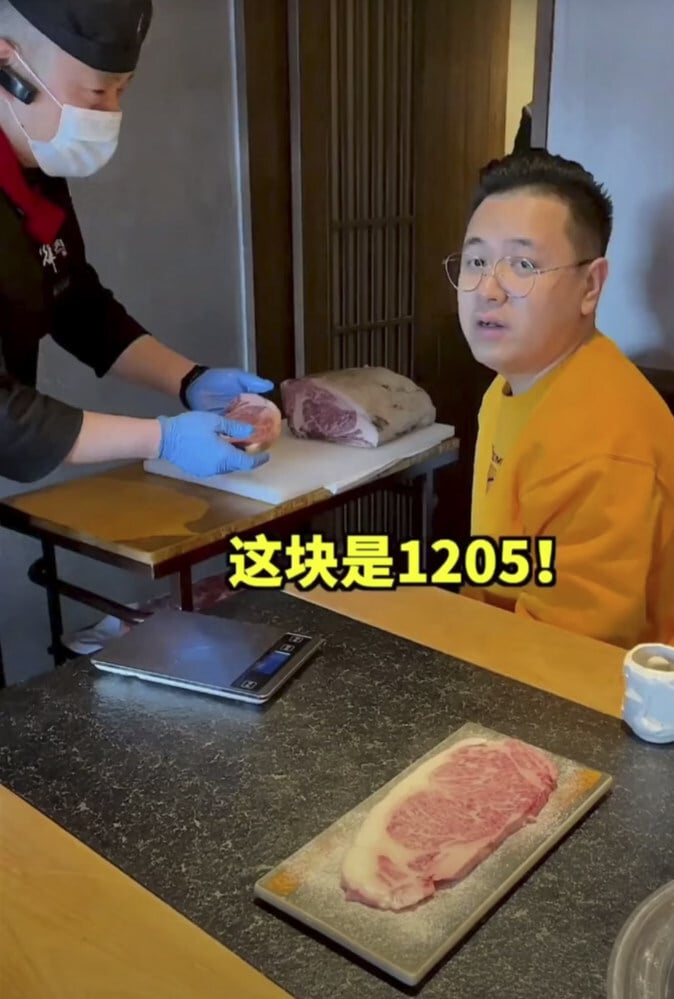
Chinese TikTok influencers apologise for videos of lavish spending including a US$1,500 haircut, US$53,000 bed and a US$61,000 suit
- Influencer Xiaoyu shared experiences at a postpartum centre that cost 2 million yuan (US$307,000) a month
- A number of influencers have been criticised by Xinhua for ‘corrupting’ the ‘social atmosphere’
Big Logo, a food influencer famous for videos of him dining in expensive restaurants, said on Sunday that he was sorry for his “thoughtless” videos about lavish presidential suites at some hotels after he was denounced by Xinhua news agency last week.
Influencer Xiaoyu, who shared experiences at a postpartum centre that cost 2 million yuan (US$307,000) a month, also apologised for his “overly entertaining” and “misleading” video singled out by Xinhua.

Both men, who were among a series of influencers criticised by Xinhua for “corrupting” the “social atmosphere”, have apologised in their latest video posts and deleted the clips targeted by state media.
Since Saturday Douyin started sending a reminder saying “Please consume rationally. Keep a healthy consuming attitude” to people searching the two men’s accounts.
Last week Xinhua warned against the growing popularity of short videos showing off wealth on live-streaming platforms, arguing the influencers making the clips were “blindly pursuing clicks and benefits, and ignoring social responsibility”.

Other examples cited by Xinhua included a 10,000 yuan (US$1,500) haircut, a 350,000 yuan (US$53,000) bed and a 400,000 yuan (US$61,000) suit.
“They contradict with the mainstream values of diligence, thrift and hard work,” it said.
“Such content would affect the audience’s values and attitudes towards wealth in the long term, exerting a negative influence that should not be ignored.”
While saying “all criticism is accepted”, Big Logo said, “our original intention is to share the experience itself, not to lead people to consume things that are highly expensive”.
In Xiaoyu’s video on the extravagant postpartum centre in central Shanghai, he shared how new mothers can spend their yuezi, or the first month after the birth of a child, in an 800-square metre flat.

It cost 100,000 yuan for staying one day and 1.99 million yuan for a month, with services including a housekeeper, a private doctor, a private nutritionist, and a team of nurses.
“But all behind these is – money,” he said in the video.
Douyin and Kuaishou, the other leading live-streaming platform, have been cracking down on videos promoting lavishness and consumption.
Douyin said it had shut down nearly 4,000 accounts it said were glorifying wealth and spending in the first two months of the year.
The company said it aimed to promote a “rational consuming attitude and scientific and civilised lifestyle” and build a “healthy, valuable atmosphere”.
Kuaishou followed suit in early March saying it had targeted over 10,000 accounts in the same period; deleting videos, reducing push advertisements, and in some cases closing accounts altogether.

